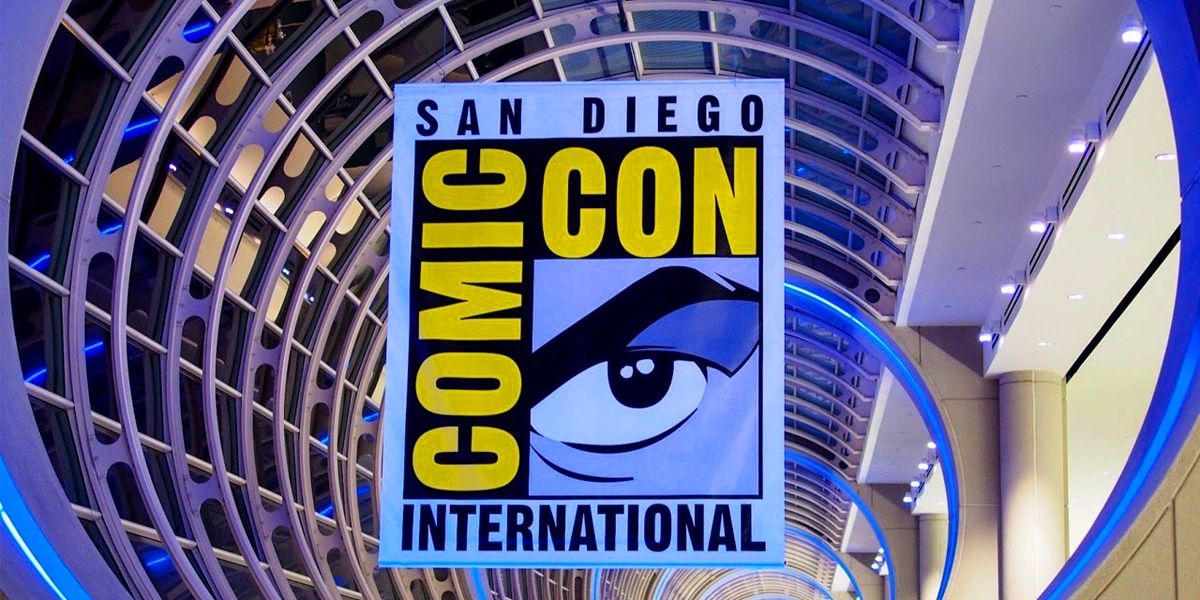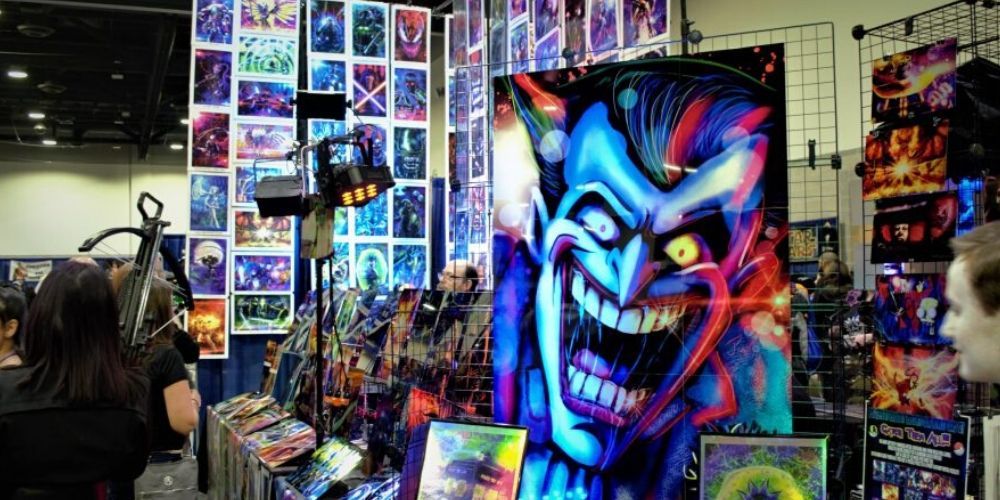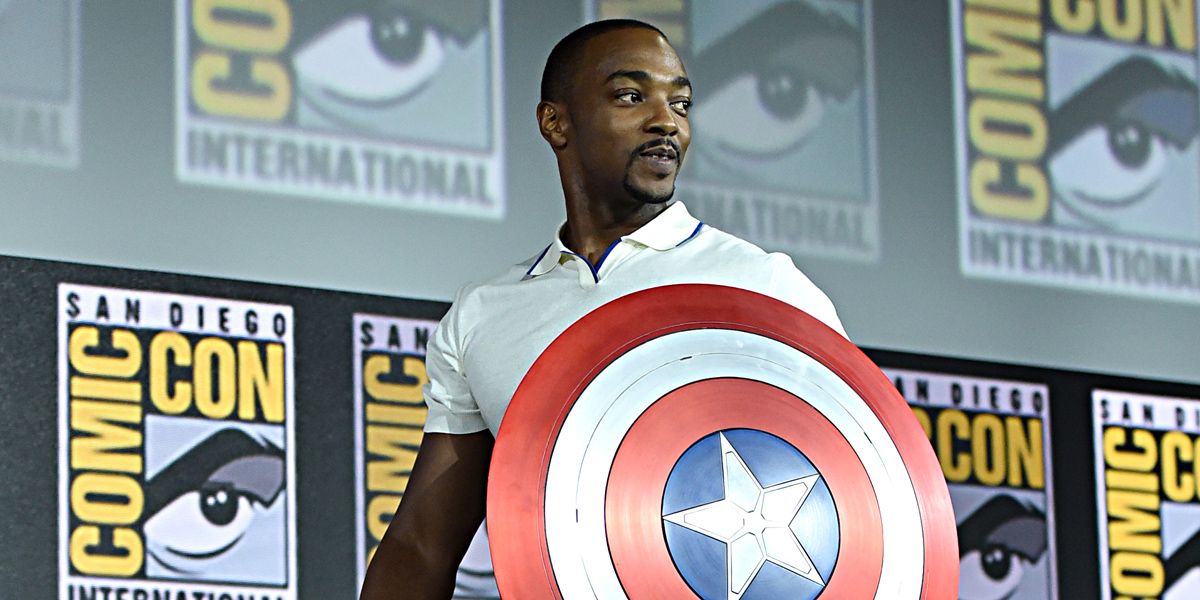As the outbreak of coronavirus (COVID-19) continues across the United States, and around the globe, it appears no institution is safe from the effect. Theaters, bars and restaurants have been forced to close in an attempt to help contain the disease; concerts and, yes, pop-culture conventions have been canceled. The latter is a small price to pay as infection and jobless rates climb, but it nevertheless remains a big deal. Although we should acknowledge the necessity of shutting down these events during the current crisis, it leads to the question of whether this is the beginning of the end for super conventions like Comic-Con International and New York Comic Con.
Comic conventions long have been an integral part of fan communities. Before comic-book movies and TV shows were a multibillion-dollar enterprise, fans looked forward to these annual gatherings as a chance to be surrounded by people who shared their interests. They was a sacred place where fans could collectively celebrate something they were really passionate about.
And they were fun. Really fun. Fans from across the country would make the pilgrimage to get up close and personal with the writers and artists they idolized. It was a dream come true for members of what was then a tight-knit community.
Over the years, that’s all changed. The conventions that were so beloved by a small group of people have ballooned into massive undertakings, drawing thousands of people from all over the world. They’re not so much fan-driven conventions anymore as much as they are trade shows for the entertainment industry.
That’s not to say these super conventions aren’t fun in their own right; they absolutely are. They offer fans a chance to witness major announcements, take part in Q&A’s with their favorite stars and celebrate pop culture on an unprecedented level. They've become an annual staple for the promotion of the latest film and television franchise projects, and big names continuously turn up.
Now, however, with the justifiable closure of these conventions due to the COVID-19 outbreak, it’s unclear how much we really need these super conventions. We’ve already started to see a trend of major studios skipping them. Marvel and Sony opted out of these events for the past couple years, and it's not a stretch to say they might reconsider attending in the future.
As digital media has expanded, the convention model has become more and more antiquated. Today, companies can draw the same amount of hype with an online trailer release and press conference as they used to by premiering a trailer at Comic Con -- and the online trailer is a lot less hassle. It also allows studios to control how much gets out about their upcoming releases, lets them limit press access and saves them the embarrassment of a poor fan reaction at a live show.
The role of super conventions in fandom has also evolved over the years. Being the first to see the new trailer for a Star Wars film, for example, isn't as special when you know it’s going to be immediately posted on YouTube and shared with millions of people online. When a con loses that element of exclusiveness, it makes it hard to justify the price of admission.
Adding to questions about the ongoing value of these conventions is the explosion of pop culture in the past decade. Gone are the days when being a fan of superheroes and sci-fi meant joining a small community of comic-book fans. Instead, these genres have gone mainstream with the success of franchises like the MCU and Star Wars. People don’t feel the same need to hide their affinity for these staples of pop culture, and therefore no longer need a massive convention to find people with their same interests.
And with the major conventions being canceled for at least the next couple of months, we might find that they’re not as sorely missed as we may have imagined. Obviously it’s disappointing for the fans who were excited for this year’s events, but with more companies opting out, maybe it’s not such a bad thing.
It’s sad to say, but it seems that the golden age of the super convention is coming to an end. However, fans can look forward to a new era of digital press releases and news conferences. It may be less glamorous than the convention model, but it has its benefits. These digital announcements are more inclusive. They can make all fans feel like they’re a part of the brand they’re supporting, making them a more democratic approach to fandom.
If this is the end of the super convention, maybe we shouldn’t mourn for too long. Because after all, it was always about the stories and the creators at these conventions, not the spectacle of the conventions themselves.



